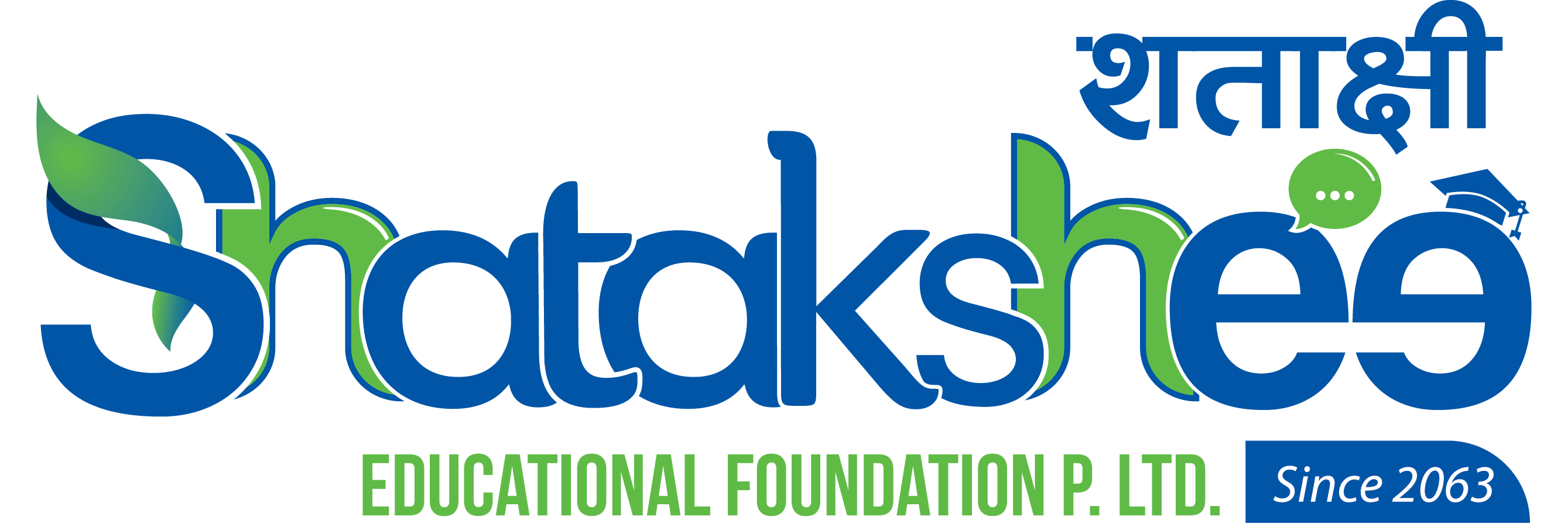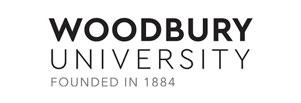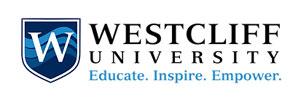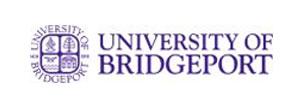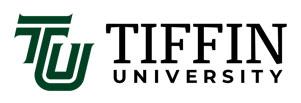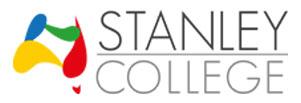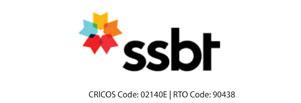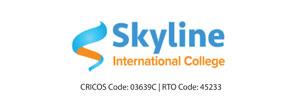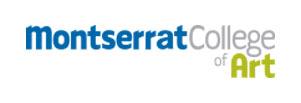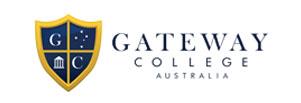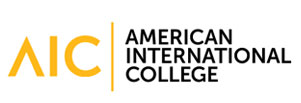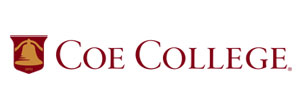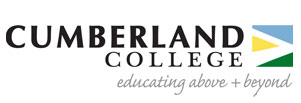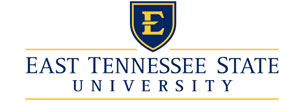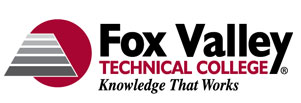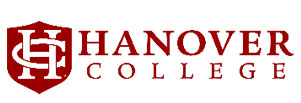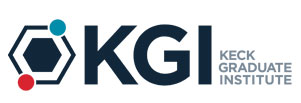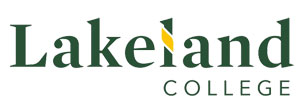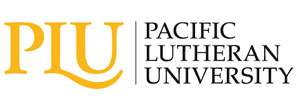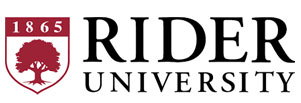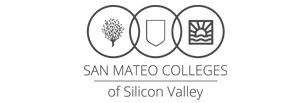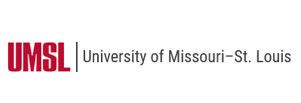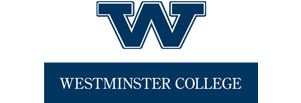
Study in India
About Study in India
Mark Twain once rightly said, “India is the cradle of the human race, the birthplace of human speech, the mother of history, the grandmother of legend and the great-grandmother of tradition.” It seems true, as India is the emerging economic power in the world. Behind this grand success, there is a great role in the global standard education system within the country. The country is a popular destination for higher education amongst foreign students as the country has an unparalleled variety of universities, professional councils, and its accreditation bodies to meet need-based academic courses for students of any discipline and subject both vocational and non -vocational. India is supposed to be the second-largest education system in the world with Strong University Network, Globally-Recognized &Appreciated Educational System, Largest Pool Of English Speaking Community, World-Class Institutions and Faculty, Moderate Fees and Cost of Living, Friendly Environment, Holistic Education, Building Global Leaders, etc.
Any student thinking of making India as a destination for higher study is strongly suggested to be self-conscious on issues undermentioned:
- University affiliation
- Professional councils & accreditations
- Existing physical infrastructure and professional teaching faculties
- The student passed history and Placement assistance support
- Availability of Hostel facilities
- Fee package and payment mode
- Students care issues etc.
The ever increasing trend of the Nepalese students going to our neighboring country India demands proper information and guidance in selecting the best suitable economical institution because studying in India isn’t just applying for a program at a college/universities, getting accepted and joining the campus but It is also going through a challenging process of doing small scale research which involves SELECTING right educational institution in the right location with the right atmosphere and run by right promoters. Indisputably, India is the best academic arena for higher study but it does not challenge free zone. So be sure you are resourceful enough to choose the best option available evaluating your preferences, University affiliation, and accreditation, current students’ feedback, payment comforts, location, etc. Exit outcome depends upon your wise decision to enroll in the best institution based on the above so that your mental and financial investment will have expected output.
Why Study in India?
| Strong University Network: With over 800 universities and 32500 colleges offering the widest spectrum of courses. India has the second largest education system in the world. | Global Recognition: The professionals trained in Indian Institutions are recognized globally. Over 200 of the Fortune 500 companies recruit from Indian campuses regularly. |
| English Medium : India has the Third Largest English Speaking population in the world. Medium of instructions in higher education is primarily English. | Moderate Fee and Cost of Living : India offers Quality Education at a fraction of cost compared to other educational destinations. |
| Quality of Education: Quality of Education is assured through National Bodies such as National Board of Accreditation (NBA) for Technical Educationand National Assessment and Accreditation Council (NAAC) for Higher Education. | Welcoming Environment: India extends an unbiased welcome to students of all nationalities, cultures and religions. |
| Personal Approach : Indian education is based on personalized approach to teaching. | All Round Development: Cultural and religious diversity on Indian campuses contributes towards the all round development. |
| The Indian Exoerience : Known for its natural beauty and mystique appeal, the Indian experience is unique and enduring. | The World centre for Education: For centuries, India has been the global centre for Education. |
Education System in India
| Education | School/Level | Grade From | Grade To | Age From | Age To | Years |
| Primary | Elementary School | 1 | 8 | 6 | 14 | 8 |
| Secondary | Secondary School | 9 | 12 | 14 | 18 | 4 |
| Tertiary | University/College Level | |||||
| Tertiary | Technical Institutes | 4 |
Primary Education
Primary education consists of Lower Primary School (Standards I to V) that begins at age of 6 and Middle/Upper Primary school education (Standards VI to VIII) ends at the age of 14. This education is compulsory and free in India and offered at state-run and private schools, however, private schools often have poorer facilities and infrastructure than government schools. The regional language is the medium of instruction for most primary schools and English as a second language generally begins by grade 3 only.
Secondary Education
Secondary education begins in grade 9 and lasts until grade 12. The secondary stage also can be divided into Lower Secondary School, or ‘Standard X’, and Upper/Senior Secondary School, or ‘Standard XII’. The boards of secondary education of which there are 31 determine curriculum for the Higher Secondary Certificate Examination. Although the HSCE is the most common Standard XII examination, the All India Senior School Certificate (CBSE), Indian School Certificate, Certificate of Vocational Education (CISCE), Senior Secondary Certification (NIOS), Intermediate Certificate and the Pre-University Certificate are also offered.
Tertiary Education
India’s higher education system is highly centralized and undergoing large changes since its inception in 1947. Largely based upon the British system of education, educational policy is ever developing.
There are various types of tertiary institutions in India, namely Universities (Central, State, Open), Universities of National Importance, and Deemed universities. Instruction of the mass of students, almost 80%, is ended at affiliated colleges with the curriculum, examinations, and final degree being premeditated and approved by the university. Constituent and Autonomous colleges also subsist; though less common although they do enjoy greater independence in regards to curriculum development and assessment.
Beginning in 2015, the Choice Based Credit System (CBCS) was introduced by the UGC in endeavors to encourage a more interdisciplinary approach to education and offer more litheness and choice to students. The reform also introduced a standardized assessment and grading plan based upon a 10-point scale. Since its inauguration, the system has faced inspection by students and administrators, noting that although the system promises choice and flexibility, the infrastructure of the educational system now may be too weak yet to support the refurbishment.
Universities Overview in India: State-wise Location of Universities
The higher education system in India includes both Private and Public University. The Government of India and the state governments support public universities, while various bodies and societies mostly support private universities. Universities in India are recognized by the University Grants Commission (UGC), which draws its power from the University Grants Commission Act, 1956. In addition, 16 Professional Councils are established, controlling different aspects of accreditation and coordination. All recognized universities are members of the Association of Indian Universities (AIU), which is integral to the dissemination of information and serves as an advisor to the government, UGC, and the institutions themselves as well.
The types of universities include:
- Central Universities or Union universities are established by Act of Parliament and are under the purview of the Department of Higher Education in the Union Human Resource Development Ministry. As of 01.06.2020, the UGC lists 54 central universities.
- State universities are run by the state government of each of the states and territories of India and are usually established by a local legislative assembly act. As of 01.06.2020, the UGC lists 412 state universities. The oldest establishment date listed by the UGC is 1857, shared by the University of Mumbai, the University of Madras, and the University of Calcutta.
- Deemed university or “Deemed-to-be-University”, is a status of autonomy granted by the Department of Higher Education on the advice of the UGC, under Section 3 of the UGC Act. The UGC list from 12 February 2020 lists 127 deemed universities. According to this list, the first institute to be granted deemed university status was the Indian Institute of Science, which was granted this status on 12 May 1958. Note that in many cases, the same listing by the UGC covers several institutes. For example, the listing for Homi Bhabha National Institute covers the Institute of Mathematical Sciences, the Indira Gandhi Centre for Atomic Research and other institutes.
- State Private Universities are approved by the UGC. They can grant degrees but they are not allowed to have off-campus affiliated colleges. The UGC list of private universities from 01.06.2020 lists 356 private universities.
Apart from the above universities, other institutions are granted permission to autonomously award degrees. However, they do not affiliate colleges and are not officially called “universities” but “autonomous organizations” or “autonomous institutes”. They fall under the administrative control of the Department of Higher Education. These organizations include the Indian Institutes of Technology, the National Institutes of technology, the Indian Institutes of Science Education and Research, the Indian Institutes of Management and other autonomous institutes which are known as Institutes of National Importance. These institutes are not listed below. Also not listed are institutes, which are under the control of the professional councils, without the approval of the UGC, e.g. Agricultural Universities, which are under the control of the Agricultural Education Division of the Indian Council of Agricultural Research (ICAR), one of the professional council.
Most universities are ‘affiliating universities’, which prescribe to the affiliated colleges the admission criteria and courses of study, hold examinations and award degrees.
University departments impart postgraduate education and conduct and promote research in a variety of disciplines.
Undergraduate and, to some extent, postgraduate instruction is imparted by the colleges affiliated to a particular university.
Selection of Course at Higher Education Level
Innumerable options for the courses are available. A student wishing to admit in engineering can have an option to choose the best one among from many alternatives of Marine Engineering, Genetic Engineering, BioMedical Engineering, Ocean Engineering, Automobile Engineering, Aeronautical Engineering, Rubber Engineering, Agricultural Engineering, Petroleum Engineering etc. So it is advisable to visit authorized educational consultants to get accurate, reliable, and unbiased information for the best selection of suitable course. Indian Universities offer various courses under UG and PG level in different disciplines as below.
Engineering and Technology: Computer Sciences, Information Technology, Biotechnology, Bio-informatics/Medical, Ocean engineering, Aeronautical Engineering, Marine Engineering Automobile Engineering, Agricultural Engineering, Rubber Engineering, and many others.
- Medical, Dental, Nursing, Pharmacy, Physiotherapy, and Paramedical.
- Agriculture / Veterinary Sciences, Dairy Technology, and Fisheries.
- Arts & Fine Arts, Humanities, Social Sciences, Commerce, Education, Science, and Management
- Hotel Management & Catering Technology, Travel, and Tourism
- Fashion Design & Technology.
Document Checklist for India
Admission rules and criteria generally differ from one college to another. But provided here is a synopsis of general rules and regulations that you need to keep in mind while seeking admission to any of the courses.
- Date of birth / Age proof certificate
- Marks cards 10&12 standard for bachelor, degree certificates (3 to 5.6 years) for Masters and masters certificates for M. Phil /Ph.D. by Board/university. (Certificates of the qualifying examination at least with 45 % to 60% depending on the individual educational providers)
- Migration certificate issued by board/university.
- Transfer Certificates issued by school/college/university last studied.
- Conduct /Character Certificate issued by school/college/university last studied.
- Caste Certificate (only for candidates belonging to reserved categories)
- Six passports and six stamp size photographs.
Guidelines for Counseling Checklist:
For knowing the students/parents related:
Study of present circumstances, preferences, and backgrounds of the student/s to create his/her profile
Study the level of interest to estimate the exit outcome
Study the financial strength and budget of the students /parents
For informing the details of providers related
Information on location, geography, climate, environment, population and history, society and culture, government and economy, etc.
Informing about details of a university (affiliation, accreditation, infrastructure-physical and human capital, feedback of currently studying students, total number of students, placement assistance /career development assistance cell, hostel facilities, medical facilities, payment mode with its pros and cons, etc.
For evaluation of our service-related
Focused for Good Customer Service and try to Add Value to the service to potential students. Knowing what students value can help him/her focus on areas of significance to them. It is common that students appreciate value for money, attention to detail, and quick response time.
Providing Excellence, Consistency, and Accuracy Service: Providing comprehensive, accurate, relevant information, and advice to our clients is only our passion. This is only possible if we are committed to maintaining the client-centric service by diligently researching needful information bearing the desires of the students in our mind so to present them the best options available. This is only the tool for upholding the consistency of our service and able to present a realistic view of study.
Follow up to the students by telephone-call / SMS, email, Internet sites needfully.
Admission Procedure in India
Academic session in India is normally from July to May for Universities courses. It is suggested that students desirous of pursuing their higher study in India should start making inquiries and research the latest by November/December preceding the related academic year. This would help them in identifying appropriate courses and University/Institution by January and facilitate their submission of admission application within the time frame i.e. February. In some of the university institutions admission closes earlier by April. However, for professional courses like Engineering admissions are possible until August. Admission procedures begin with collecting a certified copy of the documents as a checklist below, checking the documents, preparing and submitting the documents with filling up the concerned college admission form for provisional admission letter (if found eligible)
Pre-Departure Information for Your Study In India
The following information needs to be given for the student/s as Pre Departure Information for their better adjustment in the new locality.
- About local climate, environment, community, and campus
- Information and instruction regarding using public means of transportation (bus, train, plane), telephone and Internet facility
- Safety and security guidelines with does and does not
- What to expect from the educational provider
- Introducing the person in advance who will come to pick up them from the train station, bus stand or airport with detail cell numbers of college authority if in case college pick up facility is essential
- Informing about relationships, etiquette, and appropriate and inappropriate behavior in the new environment
- What documents to carry, pack and purchase, etc.
- Who to contact with a problem and /or for information required
Accurate information about the new place and possible alternatives in case of any difficulties have to be disclosed so that we can able to encourage them to be more responsible for their bright future with confidence.
Additional Information for your Study In India
Guidelines for Selecting the Institutions:
- University affiliation
- Accreditation / Professional council
- Courses of the student Choice as per their budget and wished location (geography, climate, environment, population and history, society and culture, government and economy, etc.) has to be studied in depth
- Existing physical infrastructure and professional teaching faculties
- Nepalese students’ feedback, Student passed history and Placement assistance support.
- Availability of Hostel facilities.
- Fee package and payment mode.
Student Care Issues and Tuition Refund Policy:
Student Care System is highly essential for the welfare of students to be adjusted in new different locations. The social, emotional, and cultural support systems of the college help them to know more. Mode of payment, food and accommodation facility, ways of teaching, and dealing with the students also play a vital role in their adjustment. Heath care facility, good hostel facilities, separate international students cell, a cooperative team of management, etc. are must so we must research a lot for the college before their admission.
So far the refund policy is concerned, it mainly depends on the rules and regulations of educational providers. It is advisable to know the refund policy prior to enrollment. The institutions usually do not want to repay the amount they already have collected.
Career Outcome:
- Recognized Degrees help to produce a responsible global citizen to grab the best Job Opportunity in abroad and home.
- Students can build up their professional networks.
- They will be in demand.
- Being skillful manpower, they start to pass a standard lifestyle.
" An Authorized Representative of 350+ Top International Universities Across 10+ Countries Globally With Upto 100% Scholarship "
What Our Student Say

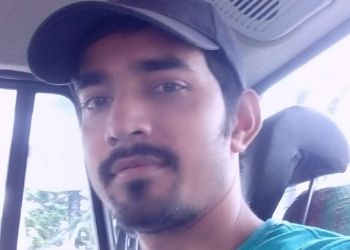






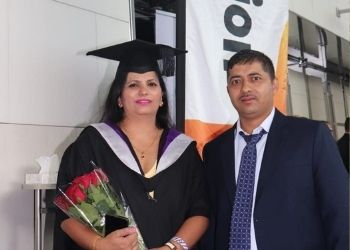











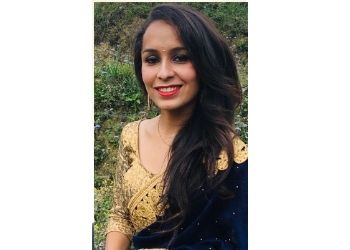









Professional Accreditation & Memberships



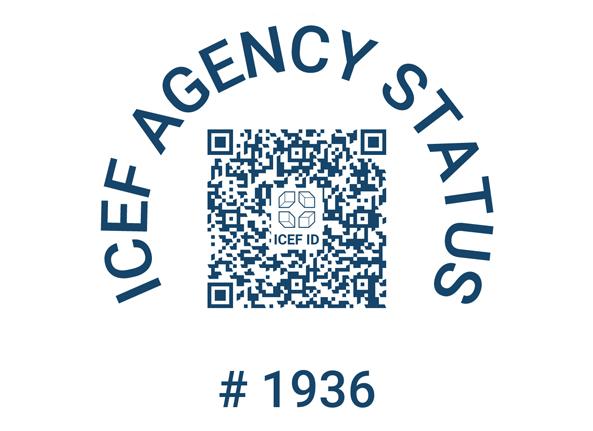
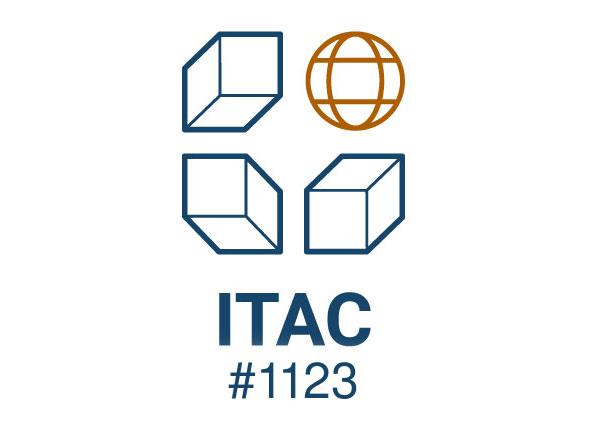

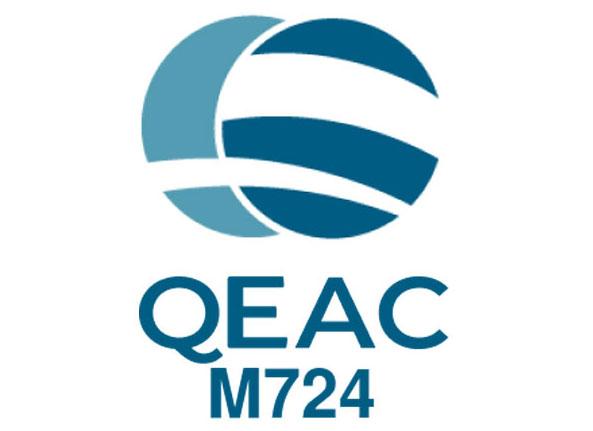
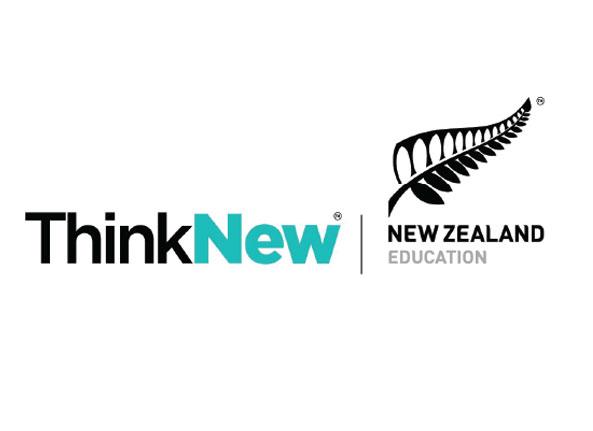

Student's Voice
Voices of students and parents.
